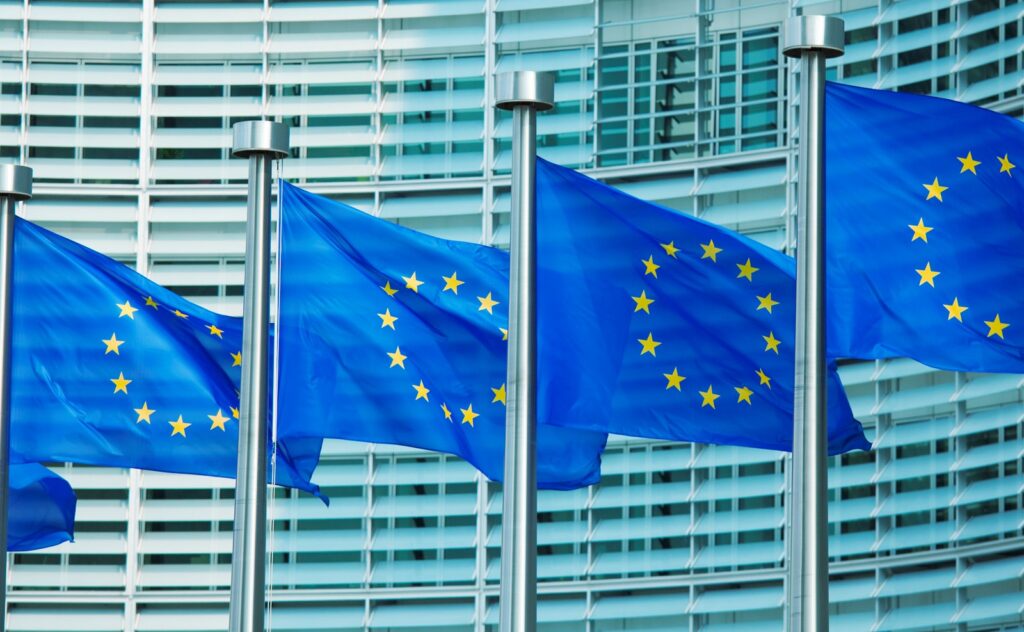The European Commission organised a “Meeting on the Retail Investment Strategy”‘ on 2 March in Brussels, focusing on the topic of inducements.
The Commission intended to seek common ground in favour of an abolition of inducements, the remunerations with which the companies, that create financial products, pay to the distribution networks, by forwarding a part of the amounts received from the customers. However, in the meeting no opening for an abolition has been found. On the contrary, given the contrasting positions of the member states, the assembly has been closed early and not all the questions asked to the audience – composed of member states, representatives of the industry and consumer associations – have been addressed.
The meeting ended with the promise that the Commission will reflect on the contributions made. However, the rapid conclusion of the meeting has been seen as a sign that the competent European offices are in difficulty.
Germany, Italy, Austria, Luxembourg, Czech Republic, Hungary, Poland, Belgium, Slovenia, Cyprus, Latvia and France declared that they are not in favour of a ban. In mid-February France has expressed its official position against at the Ecofin Council. Furthermore, also Spain, Estonia, Greece, Latvia and Malta appear to be oriented against a ban. In favour of such ban appear to be only Finland and the Netherlands, which are in favour of a ban and are also the only state that has implemented legislation for a ban.
After this meeting, a ban of retrocessions appears complicated. If the path of an outright ban should be proven to be impracticable, the Commission could use the instruments at its disposal to increase the pressure: raising the demands on the services to be provided in order to justify the payment of inducements (as has already been done with Mifid and Mifid2) and require further cost transparency.
